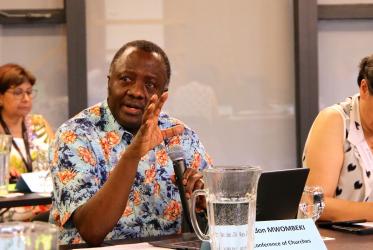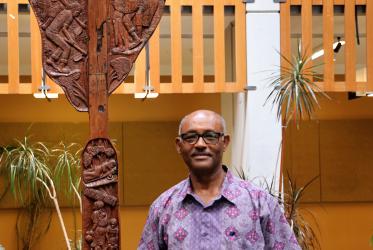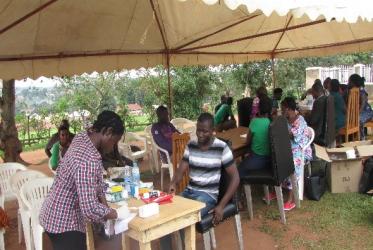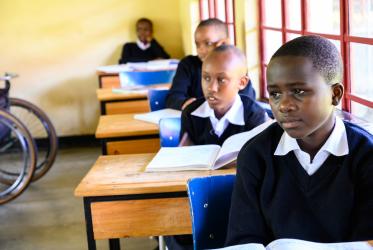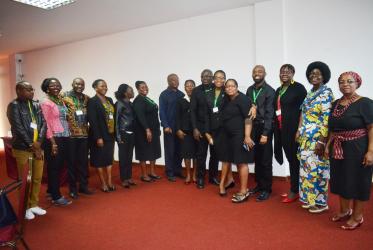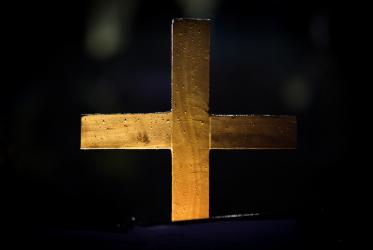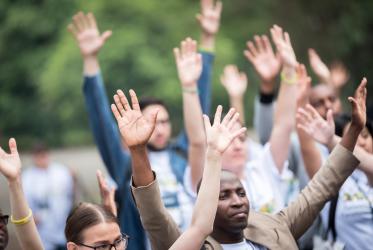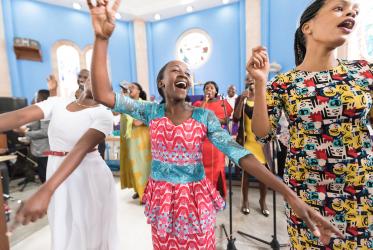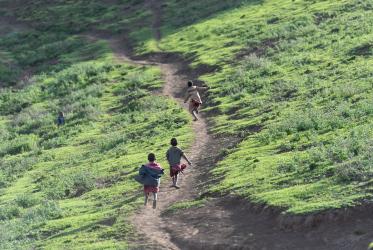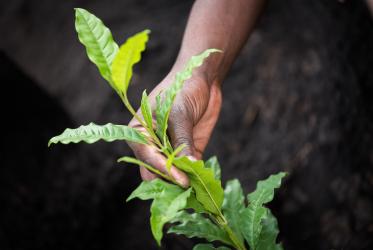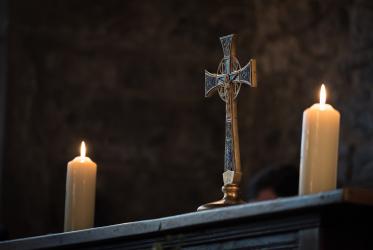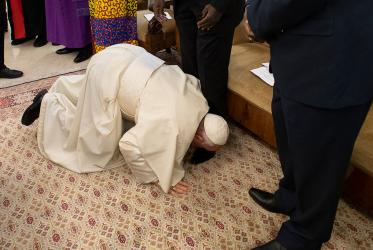Displaying 141 - 160 of 430
Former WCC executive finds joy working for peace in Ethiopia
06 August 2019
Mission and people with disabilities
26 June 2019
How will the Arusha Call change the world?
20 May 2019
WCC condemns attack on Christian church in Burkina Faso
30 April 2019
WCC expresses concern, solidarity with people of Sudan
12 April 2019
